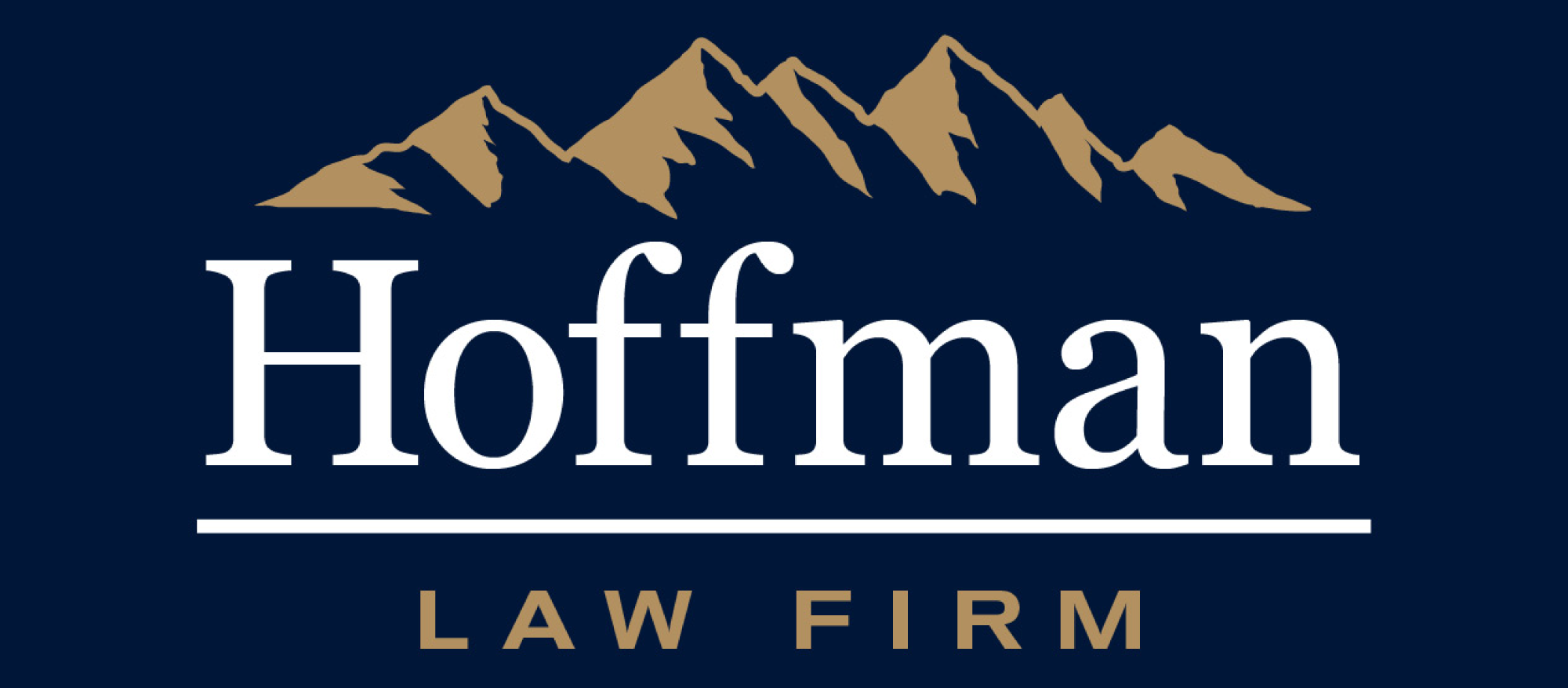How to Find the Right Estate Planning Attorney in Colorado

Whether you’re just starting to think about wills and trusts or you’re looking to update existing documents, choosing the right estate planning lawyer is important. Here are some practical tips on how to find a lawyer who will best meet your needs and ensure that your final wishes are honored.
Understanding Your Goals for Estate Planning
The first step in finding the right estate planning lawyer is to clearly define what you need from your estate plan. Estate planning can range from drafting a simple will to more complex arrangements like trust setups or tax planning. Consider the size of your estate, your family dynamics, and any specific legal needs you may have, such as provisions for minor children or business succession plans.
Searching for Qualified Lawyers
Start with an online search to find professionals in your area with the appropriate specialization. When searching for an estate planning lawyer in Colorado, exercise caution with online directories and “awards.” Not all directories rigorously vet the attorneys listed, and some awards may not be based on merit but rather on membership or fees paid by the lawyers. Research and verify any accolades or listings independently to ensure they reflect genuine legal expertise and are recognized by the legal community. Always look for credible sources and confirm the authenticity of any claims. Don’t forget to leverage personal networks; friends, family, and professional advisors like your accountant can provide recommendations based on their personal experiences.
Evaluating Lawyer Credentials
When you’ve identified potential lawyers, verify their credentials. Are they licensed in Colorado? What specialized training or certifications do they hold? Look for memberships in estate planning organizations, bar associations, and other legal-based organizations; which can indicate a commitment to staying current in this area of law.
Conducting Consultations
Arrange to meet with a few lawyers to discuss your needs and evaluate their expertise. These initial consultations are sometimes free and are crucial for assessing whether the lawyer’s approach aligns with your expectations. Discuss their experience with estates similar to yours and their proposed strategy for your estate plan.
Understanding Fee Structures
During your consultations, discuss how fees are structured. Estate planning services can be billed on a flat fee basis for specific services, or lawyers may charge hourly rates. Understanding the fee arrangement upfront can help you budget accordingly and avoid any surprises.
Assessing Communication and Compatibility
The right lawyer should not only have the expertise but also the ability to communicate complex legal concepts in a way that you can understand. It’s important that you feel comfortable with their style of communication and that they show genuine interest in achieving your estate planning goals.
Deciding on the Right Lawyer
After your consultations, take some time to reflect on each candidate’s qualifications, the comfort level you felt with them, and their ability to meet your specific needs. The decision should balance professional expertise with personal compatibility.
